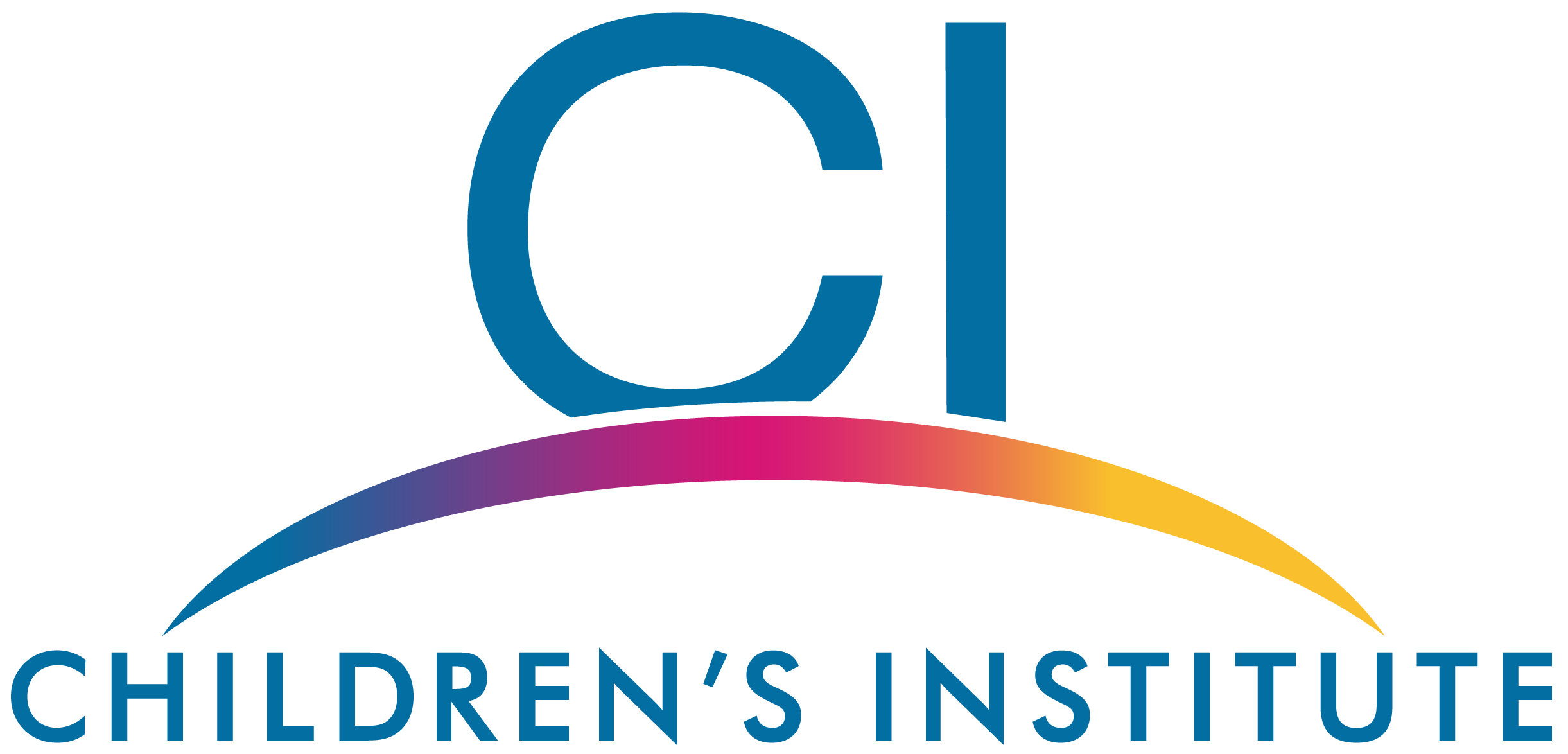The Power of Storytelling and a Podcast Recommendation
By Sierra Fisher
I don’t know about you, but I love a good podcast. These days my subscription list continues to grow larger and larger. One podcast I follow regularly is Ethical Schools. Hosts Amy Halpern-Laff and Jon Sterner-Moscow are the co-executive directors of the Ethics in Education Network, based out of New York City. Their podcast features educational innovators with a commitment to creating ethical learning environments and empowering young people to make change. One episode titled “Student Stories: SEL through writing and sharing lived experiences” left me validated, motivated and energized.
Without sharing too many spoilers, head on over and listen. This episode features Betsy Cohen and Keith Hefner of Youth Communication. Youth Communication is an incredible organization that celebrates and elevates youth voice through creative writing and storytelling. Youth participate in a rigorous yet empowering writing program to build their SEL skills and turn struggle into strength.
Key Points:
How do teachers gain insight on students' lived experiences through the program (storytelling)?
- “Stories are profound case studies for what young people go through...what drives their behaviors…What’s beneath their iceberg….”
- Story telling is culturally relevant education. It provides the opportunity to learn where young people are coming from, what they believe in and what they are concerned about.
- Story telling helps support teacher awareness of what they need to do to be supportive.
- “When using this content in class, students begin to open up. They go deeper...they connect with themselves and each other.”
Challenges:
- Structure, time, scheduling, and safe spaces and environments for this happen.
- Buy-in from youth . “It gets better over time especially with buy-in from the adults. Adults fear that these stories will open up a can of worms that they are not prepared to deal with…”
- Advice to combat this: Teachers can focus on resilience, creativity, ingenuity, and insight - instead of fear. Often times youth deal with problems through peer insight/support. If we foster a humanistic environment, there can be opportunties for all youth to grow.
As I continued to listen, I was pulled back by memories of how writing has brought me comfort and to many of my students. I once worked with a student who struggled to communicate verbally. For this young person, silence meant safety. After weeks of unsuccessful intervention, we decided to use a dialogue journal to communicate. It worked. It really worked!
Why did it work? The student was given the power to determine when and how they used the journal. I made a commitment to myself that I too would reply genuinely and transparently. I didn’t need this student to share their life’s story or submit to vulnerability. I just wanted to create a safe space to build a connection. Quick messages like “Have a great day” was not going to be enough for this student. They deserved more. I needed to give more. The communication was limited to start. Over time the entries grew longer, and stories sprouted on the pages. This quiet exchange became the best part of my day. I found myself racing to the journal, eager to find a new entry. The words on the page lit up as this student reflected, challenged, and shared a bit of their world. What seemed like silence was really fireworks awaiting flight.
Words are powerful. Story telling is a healer.
Things to consider:
- Listening and storytelling are two interdependent aspects of culturally responsive teaching. What are ways you empower youth to share their story? And how are you listening?
- How do you incorporate story telling into your work? Do your lessons or activities tell empowering stories?
- Can youth see themselves in the stories you share?
- Where do they disempower youth by confirming stereotypes?
- What other stories do youth need to hear?
On July 21, we'll be hosting a Community Check-In: Exploring Racial Equity Through Creative Writing. If you're interested in hearing what others are doing with their story-telling, picking up a few new ideas, ora low-key opportunity to connect with others, we welcome you to join. For all Community Check-Ins, find our listing here.
